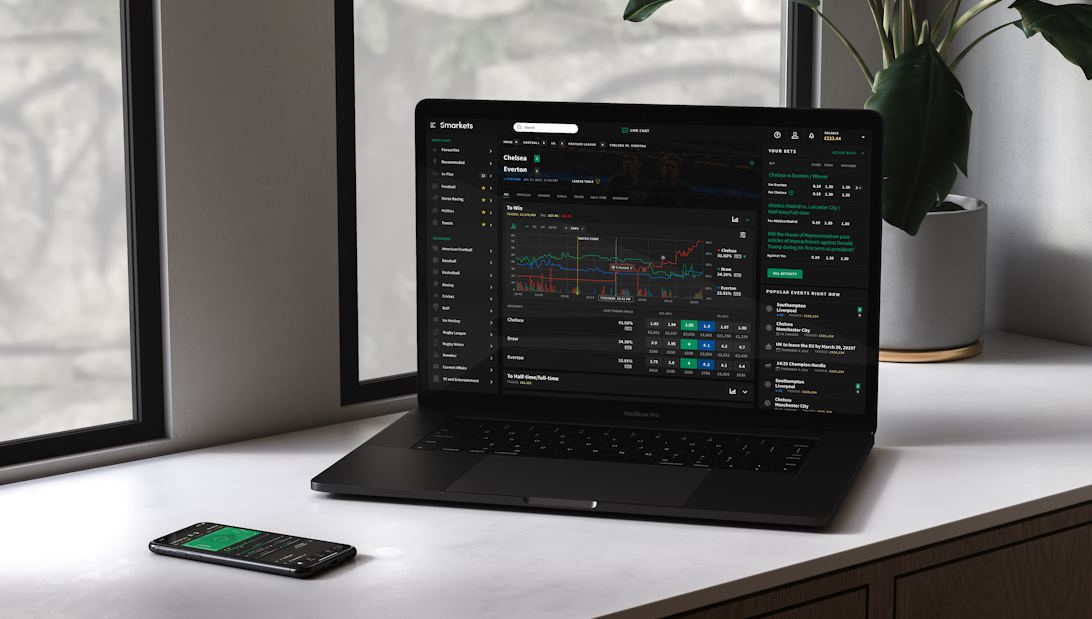When it comes to Betting on racing and motorcycle sports, fans can choose between traditional bookmakers and cutting-edge betting exchanges. Each site has its own set of benefits and caters to various types of bettors. In this article, we can learn about the betting exchanges vs bookmakers and the advantages of betting exchanges for racing and motorcycle sports betting.
Bookmakers and Betting Exchanges: The Fundamentals
Bookmakers, often known as sportsbooks, are traditional betting venues where bettors may place wagers on athletic events, including racing and motorcycle sports. These bookmakers assess the odds and potential reward for each wager. Betting exchanges function as a peer-to-peer marketplace, allowing users to bet against one another. Users can gamble on or against an outcome, effectively acting as both the punter and the bookmaker.

Prices and Odds
How odds are determined is one of the differences between bookmakers and betting exchanges. Bookmakers set their odds with the purpose of making a profit after deducting their margin. Price and odds are one of the unique features of betting exchanges in racing and motorcycle sports betting. As a result, odds may differ among bookies, with some offering more competitive prices than others.
Fees and Commissions
Using a bookmaker entails simple transactions in which consumers put their bets and the bookmaker takes a percentage of the losing bets. Betting exchanges can charge a commission on net profits, which is how they make money. While this commission may appear to be an impediment, the potential for higher odds and prices can balance the fees, making it an appealing choice for experienced bettors.

Liquidity and market depth
The number of available bets in a market is directed to market depth. For circumstances, bookmakers typically offer a wide selection of markets, although the depth may not be as profound for specialist racing or motorbike sports. Market depth is the importance of liquidity in betting exchanges for racing and motorcycle sports. Because of their peer-to-peer structure, betting exchanges frequently have greater market depth and liquidity, giving bettors more alternatives and flexibility in their wagers.







